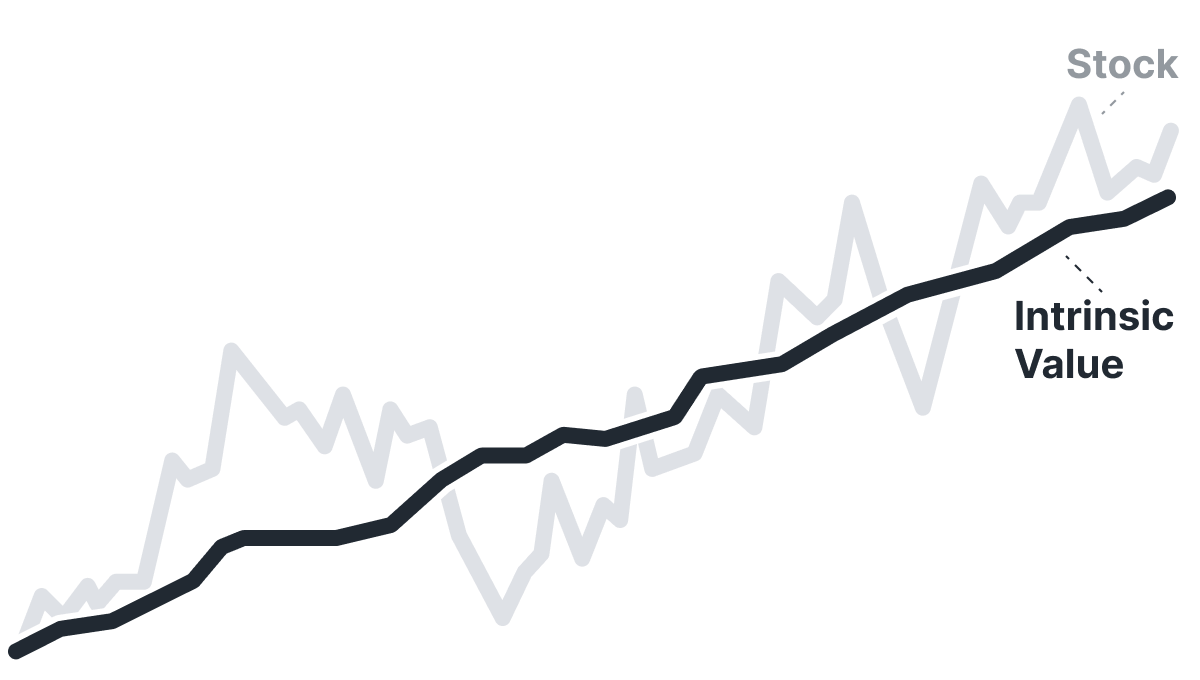
Anheuser Busch Inbev SA
XETRA:1NBA

Intrinsic Value
The intrinsic value of one
 1NBA
stock under the Base Case scenario is
hidden
EUR.
Compared to the current market price of 66.5 EUR,
Anheuser Busch Inbev SA
is
hidden
.
1NBA
stock under the Base Case scenario is
hidden
EUR.
Compared to the current market price of 66.5 EUR,
Anheuser Busch Inbev SA
is
hidden
.
Valuation History
Anheuser Busch Inbev SA

1NBA looks overvalued. Yet it might still be cheap by its own standards. Some stocks live permanently above intrinsic value; Historical Valuation reveals whether 1NBA usually does or if today's premium is unusual.
Learn how current stock valuations stack up against historical averages to gauge true investment potential.

Let our AI compare Alpha Spread’s intrinsic value with external valuations from Simply Wall St, GuruFocus, ValueInvesting.io, Seeking Alpha, and others.
Let our AI break down the key assumptions behind the intrinsic value calculation for Anheuser Busch Inbev SA.
Fundamental Analysis
Revenue & Expenses Breakdown
Anheuser Busch Inbev SA

Earnings Waterfall
Anheuser Busch Inbev SA

The intrinsic value of one
 1NBA
stock under the Base Case scenario is
hidden
EUR.
1NBA
stock under the Base Case scenario is
hidden
EUR.
Compared to the current market price of 66.5 EUR,
 Anheuser Busch Inbev SA
is
hidden
.
Anheuser Busch Inbev SA
is
hidden
.


